Policy to guide sourcing decisions and aligns with Nutreco’s Sustainability RoadMap 2025 goals
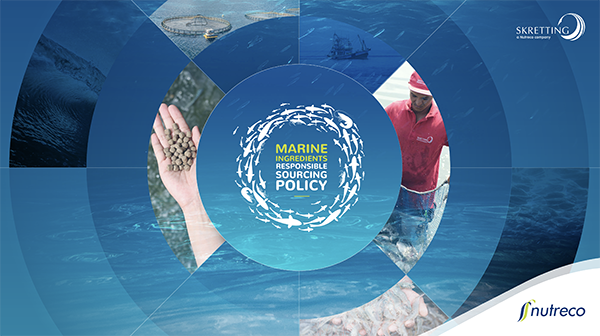
Nutreco and Skretting have published a new responsible sourcing policy to guide decisions about the type of marine ingredients that can be sourced for its global operations. The 21-page policy is part of a wider effort to “protect the ocean and ensure that fish stocks intended for direct or indirect human consumption are caught within clearly defined, sustainable limits.”
“We’re taking a critical step forward in outlining a clear path to attaining our RoadMap 2025 targets for marine ingredients,” said Jose Villalon, corporate sustainability director for Nutreco. “This marine ingredient sourcing policy sets a milestone in industry transparency and traceability in the very complex value chain of sourcing marine ingredients.”
Nutreco’s Sustainability RoadMap 2025 aims to ensure that Skretting sources marine feed ingredients that are 100 percent certified or originating from a fishery improvement project for its global operations. It also strives to ensure that all the fishmeal and fish oil used to produce feed originate from fisheries that are managed according to the FAO Code of Conduct for Responsible Fisheries. As part of this effort, the policy addresses the following key areas:
- Specific criteria on what to buy according to five sustainability classes of marine ingredients coming from whole fish, byproducts from wild fish catch and by-products from aquaculture, aligned with the most important fishery management certifications in the industry.
- Clear purchasing targets for each sustainability class defined, both the relative share of purchases and a defined timeline to reach the ambitions set in Nutreco’s Sustainability RoadMap 2025.
- Mapping of countries identified with a high risk of illegal, unreported and unregulated (IUU) fishing activities. Marine ingredients from these countries cannot be sourced unless they come from the highest sustainability classes. The policy in this area supports Nutreco and Skretting’s commitment and work in SeaBOS.
- Mapping of countries identified with a high risk of forced labour on board fishing vessels. For these countries, there are additional requirements for marine ingredient manufacturers.
In 2021, 80 percent of fishmeal and fish oil originating from whole fish and by-products that were purchased by Skretting came from fisheries certified according to the MarinTrust or MSC programmes, or from fisheries that were part of a MarinTrust Fishery Improvement Programme (FIP) – a step forward compared to the 69 percent reported in 2020. Further details will be shared in the next Skretting Sustainability Report.
Read the Marine Ingredients Responsible Sourcing Policy.
Follow the Advocate on Twitter @GSA_Advocate
Now that you've reached the end of the article ...
… please consider supporting GSA’s mission to advance responsible seafood practices through education, advocacy and third-party assurances. The Advocate aims to document the evolution of responsible seafood practices and share the expansive knowledge of our vast network of contributors.
By becoming a Global Seafood Alliance member, you’re ensuring that all of the pre-competitive work we do through member benefits, resources and events can continue. Individual membership costs just $50 a year.
Not a GSA member? Join us.
Author
Tagged With
Related Posts
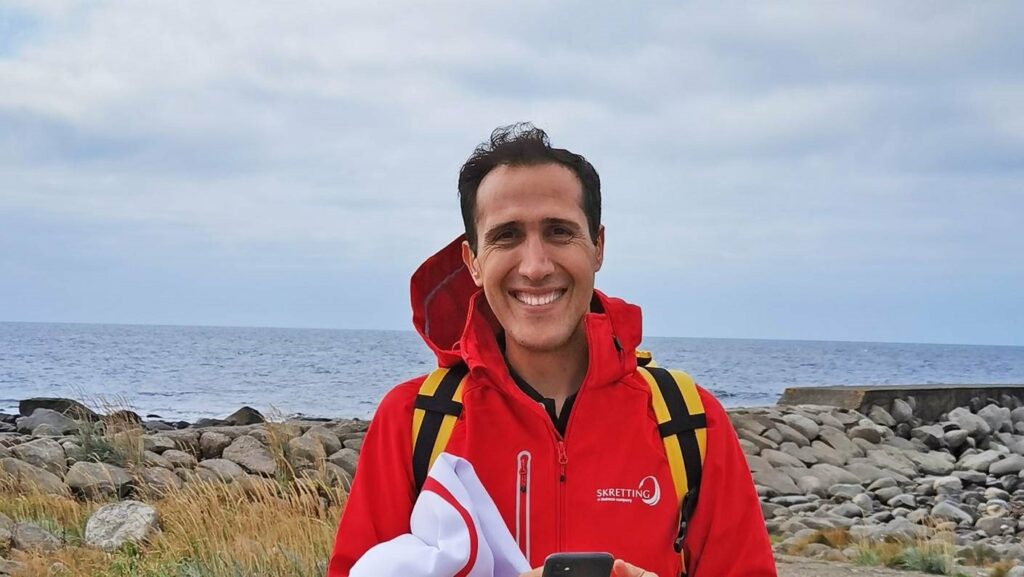
Responsibility
‘Do more and do better’ – Sustainability manager discusses Skretting’s ambitious agenda
Aquafeed giant Skretting recently appointed Jorge Diaz as its sustainability manager to advance its ambitious sustainability agenda.
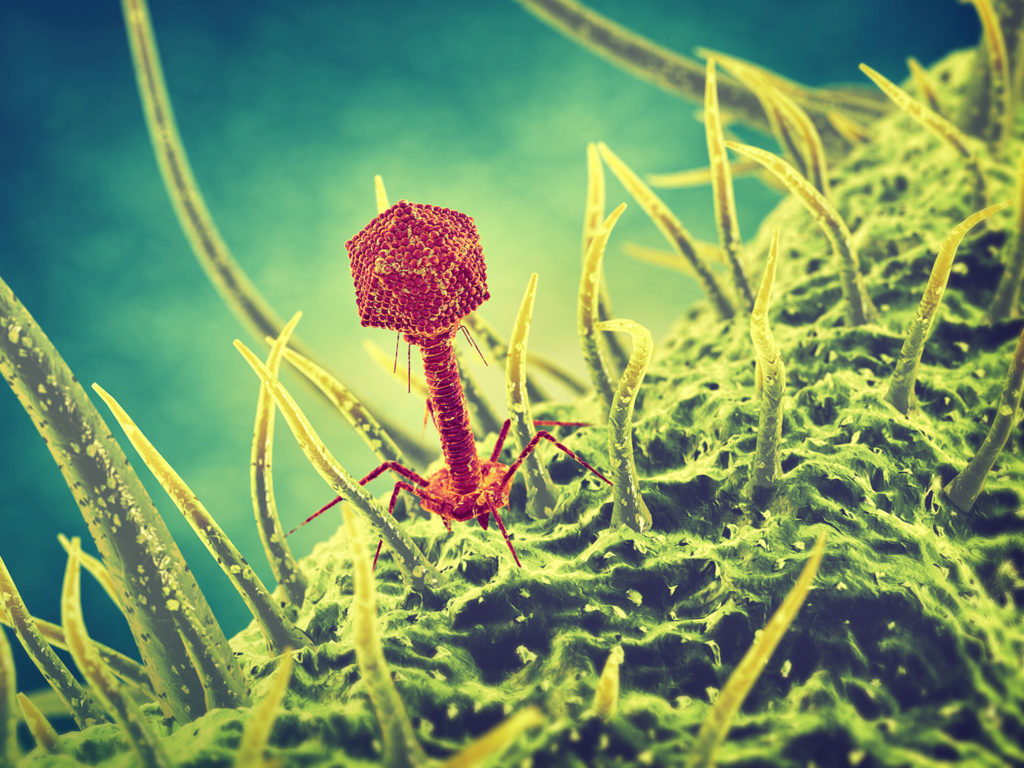
Health & Welfare
Biotech-feed giant partnership to explore bacteriophage potential
Fish health and welfare in aquaculture could soon be assisted by the most abundant organism on the planet, if a new partnership nets its intended result.
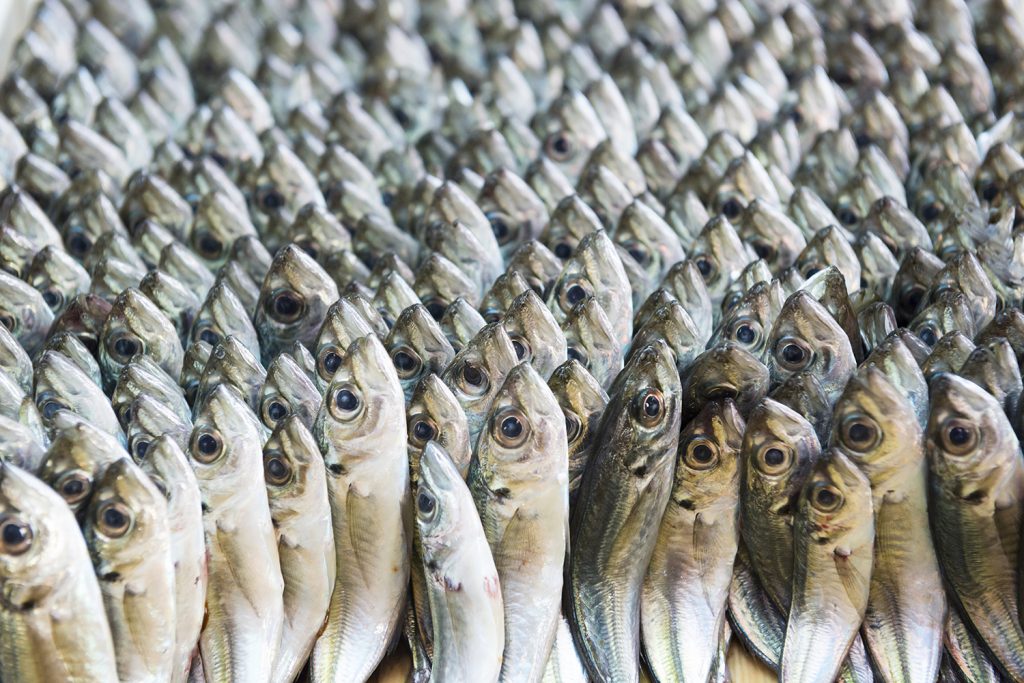
Intelligence
Can handheld DNA testing technology stand up to seafood fraud?
The MasSpec Pen, developed to diagnose tumors, can identify fish species by touching the tip to a sample. But the species database is lacking.
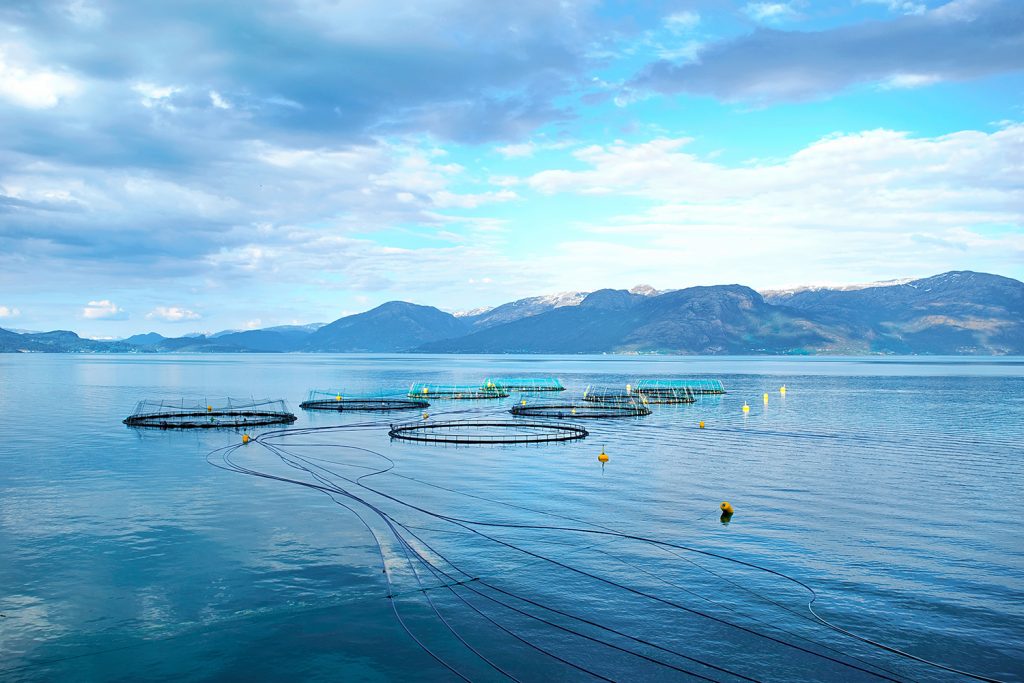
Intelligence
Blockchain expands its aquaculture presence with shrimp and salmon
By tracking products from farm to plate, blockchain helps reduce fraud and improve standing with consumers. But it’s only part of the solution.



